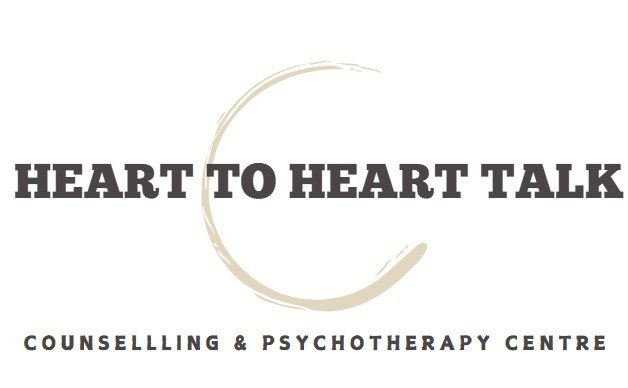Individual Counselling.
-
Anxiety Counselling
Dealing with daily stresses or challenging life experiences might lead to some feeling anxiety and that is a normal emotion. But when these emotions become persistent and excessive to a point where it affects our ability to function normally like inability to relax, affects sleep, difficulty in focusing basic daily activities to name a few symptoms for an extended period of time, you may be suffering from anxiety disorder.
In anxiety counselling, we support our clients in identifying thoughts and behaviours associated with anxiety and find ways to overcome anxiety.
-
Anger Counselling
We all experience anger in our lives and it varies in in different degrees from mild to full-fledged rage. Anger is a common emotion triggered in response to hostility and frustration in situations of injustice, unfair treatment, threatened, hurt, etc.
Having anger is not necessarily a bad thing as it helps us to express negative feelings and at times stimulate us find solutions to problems. However, if emotions of anger is starting to surface in your personal relationships, at work or leaving you feeling guilty that you are unable to rein on to the anger and thus impacting the overall quality of your life, anger might have gone beyond your control or excessive.
If you are facing this situation, you may want to speak to our counsellor where we will work with you on identifying triggers, find out where the anger stems from and work on healthier ways to cope with it.We all experience anger in our lives and it varies in in different degrees from mild to full-fledged rage. Anger is a common emotion triggered in response to hostility and frustration in situations of injustice, unfair treatment, threatened, hurt, etc.
-
Depression Counselling.
Depression is a mood disorder which is common but could be a serious medical illness. It is typically a reaction to unfavourable life events, such as loss of loved ones, health or employment, etc . Simply put, depression is when we feel that everything in our lives are just too hard and we no longer hold the same joy on the things that we previously enjoyed. Some symptoms of depression includes:
▪ Persistent sad, anxious or having a depressed mood
▪ Lack of appetite or weight changes
▪ Feeling lethargic or increased fatigue
▪ Feeling worthless, hopeless or helplessness
▪ Difficulty in concentrating, making decisions or remembering things
▪Suicidal thoughts
These can lead to a spectrum of emotional and physical problems which will affect your daily functioning tasks at work and home.
Depression can be managed. During counselling, we examine the intricacies of the person’s life that might have led to this emotion and work together on reducing these triggers. For a longer-term solution, we explore the person’s inner strengths and network of resources and guide them to formulate effective coping strategies and techniques.
-
Fear & Phobia Counselling.
Fear is a natural emotion that protects people from harm when they face real and imminent danger. When the fear become persistent and excessive of an object or situation that may even lead to a panic attack and the individual feel powerless to control the intense fear, that emotion will be a phobia which is also a type of anxiety disorder.
In counselling, we will work with you to learn how to better manage the anxiety that may be from a certain situation/person/object so that the fear is no longer in control of your life.
-
Grief Counselling.
Grief is a natural response to loss when something or someone you love is taken away from you. The grief from loss can be complicated where we will see a range of emotions from anger, denial, isolation, depression or self-reproach for feeling too much sadness or feeling guilty because there is relief that the burden to care for a sick loved one is over.
It is not just the loss due to passing of a love one that will cause grief, some other examples of loss includes:
▪ Death of a pet
▪ Loss of health
▪ Divorce or relationship breakup
▪ A miscarriage
▪ Retirement
▪ Loss of a friendship
In grief counselling we help clients to experience and work through the pain by verbalising their thoughts and feelings rather than to avoid it in order to heal. There is no set number of sessions for grief counselling as it depends on personalities, type of loss, coping abilities and available support systems. We must respect that the grief process is unique to everyone and there is no definite timeline to accept the reality or for the pain to subside.
-
Self-Esteem Counselling.
Self-esteem is how confident, valuable we see ourselves or if we feel worthy of respect. All of us at some point in our lives will feel lack of confidence and self-esteem exists on a continuum from high to low.
However, when we started saying negative things and being critical about ourselves, focusing mostly on our negatives and ignoring achievements, that could lead to feelings of unhappiness or disappointments with oneself.
Counselling can help you explore the way you feel and change your view of yourself and others.
